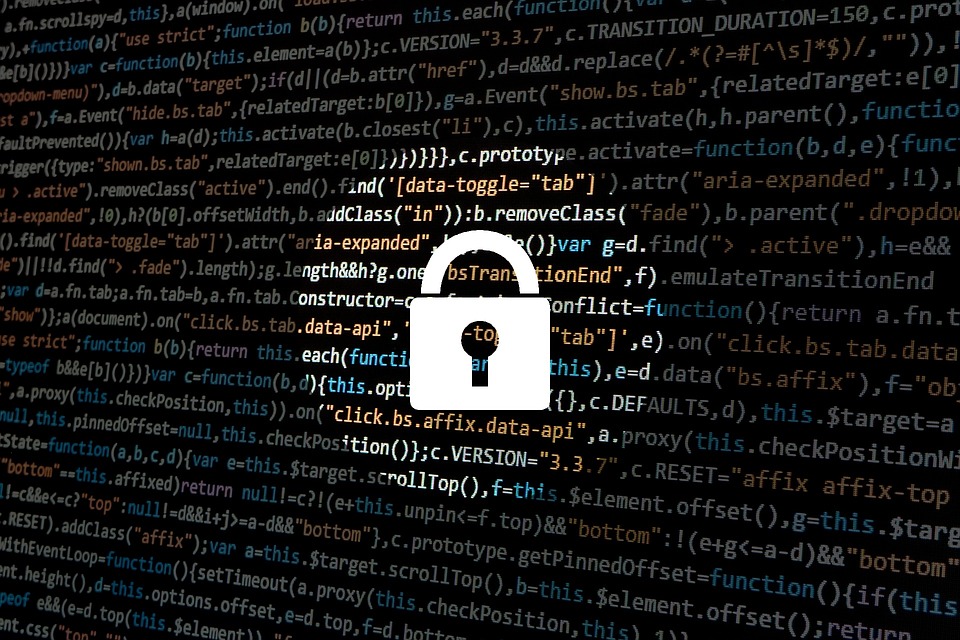By USDR
If you think that cyber attacks only happen to the big companies with large revenues, then unfortunately you’re wrong. This isn’t intended to cause you alarm, more to adapt your thinking so that you can take necessary measures to protect and data that you store. If you own a small business, or even if you just have personal files, you could be targeted by cyber criminals. Also, there are many different ways that they can try to make money from online crime so it is difficult to prevent.
An increasingly popular trend has seen ransomware being used to target families’ PCs to hold them to ransom by scrambling data and then asking for money in return for restoring the data to its previous state. Sounds crazy, but this is now the reality. There have even been examples where criminals are targeting smart TVs and other smart devices. This is a scary world now where you don’t even need to leave your home and you can still be digitally ‘mugged’.
If you do lose data, either through a cyber attack or even a system crash or accidental deletion, there are numerous ways you can try to recover the files. If you have a back up option on your PC, or can get to the previous versions of a lost file. It is always a good idea to back up important files to somewhere other than your PC, so for example cloud storage, an external hard drive, or a flash drive. If you are still struggling to recover files, you can look at using data recovery software to get them back for you.
So, what is being done about this problem?
A huge amount of work has been done by the government to counter-act this channel of crime. $19 billion has been put towards the fight against cyber activity and this will include a number of different measures. From increased policing of this activity to increased education and information to advise people on the correct measures to take.
Larger businesses will have more regulations to comply with to ensure they are putting policies in place to prevent data loss. The biggest problem seems to be that as a cyber crime tactic is revealed and deterred, a new one is developed that needs to be investigated and prevented. Cyber criminals can be extremely sophisticated with their methods. Years ago, if you received an email claiming to be a bank or other organization that is requesting details, you could generally tell by the terrible spelling and other content that made you suspicious right away. Now the criminals are getting much better at this and it is very difficult to tell the difference between a genuine email from the bank. As the banks will always advise, they never ask for details in this way, so always be wary about any emails asking for details and ring your bank or the number that you have on your documents or on their website rather than in the email that has been sent.

